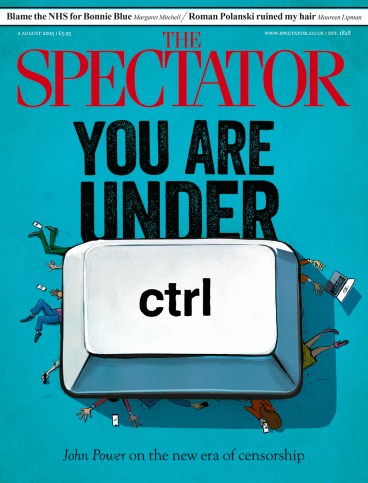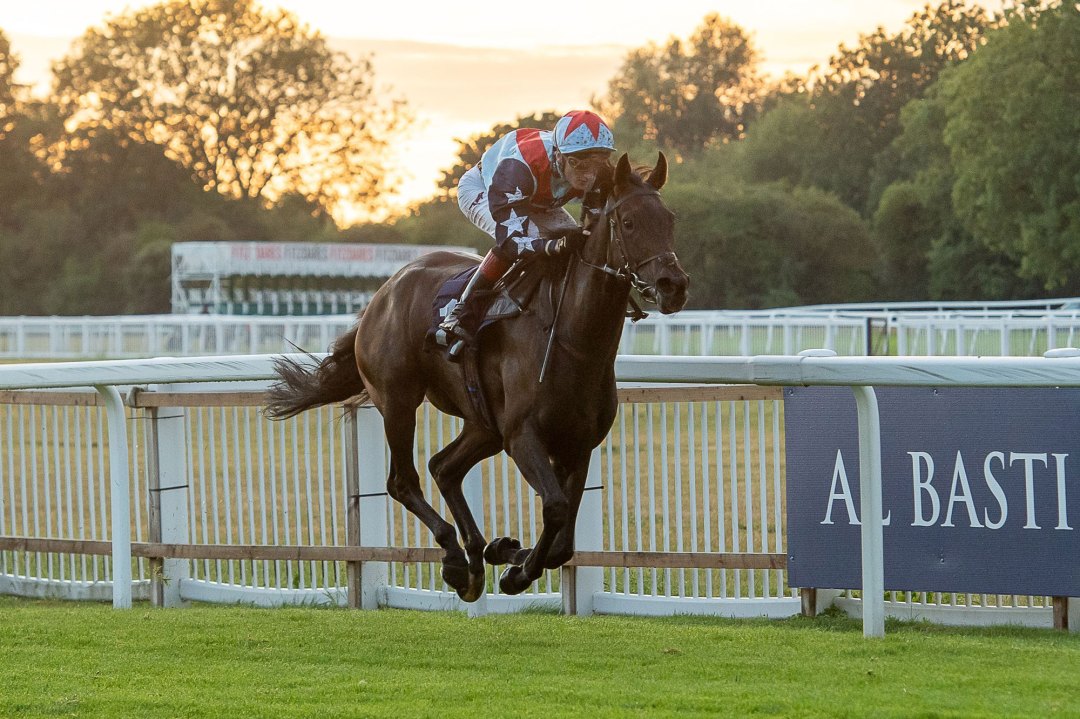
Pop stars rock on nowadays into their seventies. And jockeys too – despite the physical dexterity and instant-decision-making required – are lasting longer. Jimmy Quinn and Franny Norton only quit the saddle in their mid-fifties; Joe Fanning is still going strong at 55. On a sweltering Ascot day recently I enjoyed a chat with John Egan, who was handling the heat better than much younger rivals and is still in demand at 56.
Remembering past successes, including the Irish 2000 Guineas on Indian Haven, July Cups on Les Arcs and Passive Pursuit and an Ebor Handicap on 100-1 shot Mudawin, I asked if there was a particular race he still hankered after winning. Egan smiles easily but the answer was a pistol shot: ‘I want to win them all.’ The self-belief is still there: ‘I love riding. While I feel that I can do the job better than most I’ll continue. If I felt I wasn’t doing a good job any more I’d stop. That would be it. But I’m very confident.’
Egan is a man comfortable in his own skin. He admits: ‘In my thirties I was a bit wild. I smoked from the age of 12 but I haven’t smoked now for nearly a year and I said to myself the other day, “Jesus, how good a jockey could I have been if I’d given up earlier and hadn’t smoked in my forties!”’ Athletes in many sports are lasting longer with better diet and exercise advice. In Egan’s case, having his jockey son David riding against him has brought a benefit. He had a spell as a trainer but the saddle lured him back, and he acknowledges: ‘I’m now doing a different kind of life. I’d never been to the gym in my life but when I started with David I trained him in the gym.’ Daughter Amy has just signed up as an apprentice with Jane Chapple-Hyam and with him at Ascot that day was another son, polite young Conor, just 11, who is riding every day and on the equiciser at night. Conor is one of a group of young pony-racers spending time with Belgian-born legend Christophe Soumillon, and – much to the approval of his father – being taught not just how to ride but how to eat, dress and behave. ‘He thinks Christophe is a god,’ says Egan, who predicts that Soumillon will be responsible ‘for a lot of people in our industry going forward over the next two years’.
Egan is proud of David, whose contract as rider to the free-spending but picky Amo partnership has just been renewed: ‘He does a lot of work behind the scenes. He’s got a good brain and is a big asset to them. You’d be glad of the likes of Amo giving contracts to your kids because it’s not easy to get such deals any more.’ One day, when David rode a double at Doncaster, his father performed the same feat at Chester and they have ridden in a Classic together. Paternal pride though hasn’t stopped John from cutting his son up in a race if required.
Life has moved too fast, he believes, for some of the younger riders. ‘It’s easier today,’ he says. ‘They don’t have to be as sharp as we were back in the 1990s. If some of these kids were dropped into a 22-runner field round a sharp track in the north they’d get stage fright. They’re not used to it because there aren’t so many runners.’
It is the older man talking too when he notes huge changes in the training scene. ‘Some younger trainers find themselves with a hundred horses. They can’t get the staff but they keep taking the horses. The horses aren’t as good rides as they used to be because the trainers haven’t got enough good people to ride them at home.’ The racing authorities, he says, should be looking seriously at stable staff ratios.
First riding work for Noel Meade and then apprenticed to Mick O’Toole, Egan was brought up in a harder school. It is a lack of respect which riles him most. In their early days, he and his contemporaries bowed to the wisdom and experience of the likes of Pat Eddery, George Duffield and Bruce Raymond. Not so, he says, with today’s young thrusters. ‘That’s why they’re getting in trouble and crashing cars and having drink problems. They have no respect for others or themselves.’ With horror he reports: ‘Kids today call trainers by their first names. I’m great friends with Ellsie [David Elsworth, trainer of Desert Orchid and some great Flat horses]. I’ll go to his house or take him to the races but he is always Mr Elsworth. I’ve never called him David in my life because that is how I was brought up. When I hear young kids talking of trainers and saying, “George told me this” or “George told me that”, it turns my stomach.’ The key skills haven’t altered. Attitudes have.








Comments